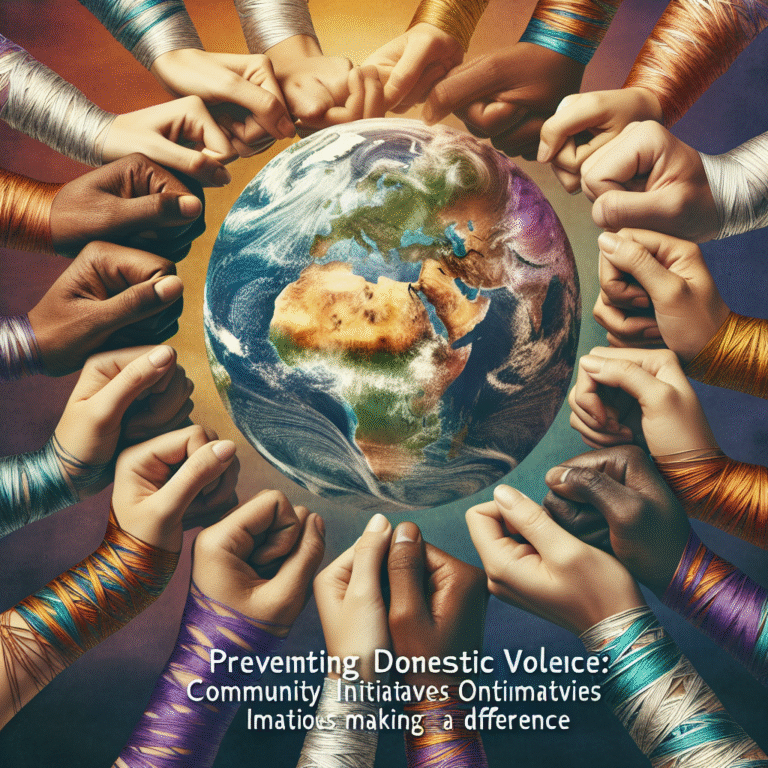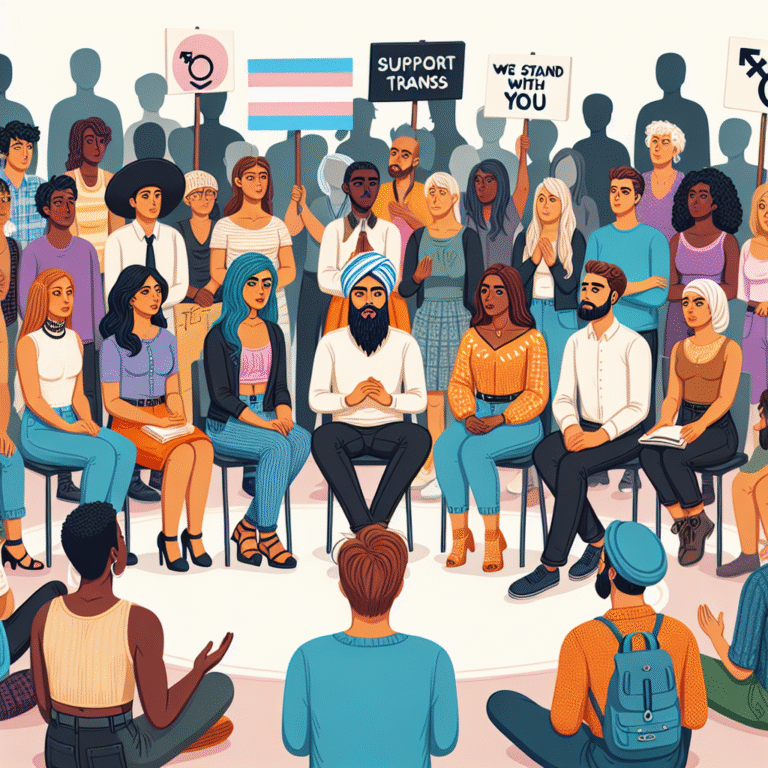
Introduction
Imagine being accused of a crime you didn’t commit, only to find yourself confessing to it under duress. This scenario may sound like a plot from a courtroom drama, but it’s a disturbing reality for many individuals across the globe. False confessions remain a pervasive issue within the justice system, leading to wrongful convictions and miscarriages of justice. In this article, we will dive deep into the subject, breaking down the myths surrounding false confessions and understanding their prevalence. By addressing misconceptions, revealing the psychological underpinnings, and dissecting real-life cases, we will aim to shed light on why this phenomenon occurs and what can be done to mitigate it.
The Misconception of Unthinkable Confessions
Reality Check: What Is a False Confession?
At its core, a false confession occurs when an individual admits to a crime they did not commit. It’s a stark contrast to the popular belief that only the guilty confess. The reality, however, is more complicated. In high-pressure situations—such as an intense police interrogation—innocent individuals may concede to wrongdoing, driven by stress, fear, or a desire to escape an unbearable situation.
Statistics That Speak Volumes
According to the Innocence Project, approximately 25% of wrongfully convicted individuals exonerated through DNA testing had made false confessions. This staggering statistic challenges the assumption that confessions are inherently credible.
| Year | Cases with False Confessions | Total Exonerations |
|---|---|---|
| 2000 | 89 | 150 |
| 2010 | 109 | 225 |
| 2020 | 153 | 350 |
Psychological Factors at Play
The Power of Suggestion
Human psychology is complex and can easily be manipulated. Factors such as leading questions, suggestive prompts, and undue pressure can lead someone to falsely confess simply because they believe it’s the path of least resistance. This aligns with research conducted by Dr. Steven Drizin, who has studied the dynamics of false confessions extensively. His work indicates that when suspects face long, grueling interrogations, their capacity for rational decision-making can diminish drastically.
Coercive Interrogation Tactics
One of the most concerning aspects of this issue is the interrogation tactics employed by law enforcement officials. Techniques such as isolation, prolonged questioning, and the presentation of false evidence can create an environment where a suspect feels that confessing is their only option.
Case Study: The Central Park Five
The case of the Central Park Five illustrates the consequences of coercive interrogations. Five teenagers were wrongfully convicted of a brutal crime based on their coerced confessions. After years of exoneration, they revealed that they had been subjected to hours of aggressive questioning without legal representation. Their confessions, nonetheless, were integral to the prosecution’s case, highlighting the reliability issues surrounding confessions obtained in such ways.
Societal Impacts and Legal Implications
Beyond the Individual
False confessions do not only impact those directly involved; they ripple through families, communities, and the very fabric of public trust in the justice system. Each wrongful conviction feeds into a larger narrative of injustice, which can lead to public skepticism about the legal process.
The Ripple Effect: Case Study of the “West Memphis Three”
The case of the West Memphis Three sees three teenagers wrongfully convicted of murder. Their confessions, produced under immense pressure, sparked widespread media attention and outrage, leading to ongoing debates about the efficacy of the justice system. The broader implications have raised awareness and prompted calls for reform in interrogation practices.
Myth-Busting: Debunking Common Misconceptions
Myth 1: Only Guilty People Confess
As we’ve established, the overwhelming body of research shows that many innocent people confess under duress.
Myth 2: All Confessions Are Valid
Not all confessions have equal weight in a court of law. Understanding the context of how a confession was obtained is crucial for discerning its validity.
Myth 3: Police Are Trained to Avoid Coercion
While many police officials are well-intentioned, outdated interrogation techniques can lead to false confessions. Training must evolve to address the psychological nuances at play.
Myth 4: False Confessions Are Rare
With 25% of exonerations linked to false confessions, it is crucial to recognize that this phenomenon is not as uncommon as many believe.
Legal Reforms and Preventive Measures
Advancing Interrogation Techniques
Recognizing the fallacies within current interrogation practices is vital for reform. Implementing video recordings of interrogations and mandating proper training for law enforcement can be key steps toward reducing false confessions.
Advocacy and Awareness
Organizations dedicated to criminal justice reform, like the Innocence Project and the National Registry of Exonerations, play a significant role in raising public awareness about the prevalence of false confessions.
Empowering the Public: A Call to Action
Educating ourselves about the justice system and its vulnerabilities allows us to advocate for necessary changes and prevent future injustices.
Conclusion
Breaking down the myths surrounding false confessions reveals a complex interplay of psychological factors, coercive practices, and societal implications. Understanding the prevalence of false confessions is not merely an academic exercise; it is a call to recognize that every confession must be approached with scrutiny.
We must advocate for reforms in interrogation techniques, raise awareness, and contribute to a justice system that prioritizes truth over expedients. By promoting an informed public, we can work together to ensure that justice is genuinely served.
FAQs
1. What percentage of confessions are false?
Approximately 25% of wrongful convictions overturned through DNA evidence are linked to false confessions.
2. What factors lead to a false confession?
Coercive interrogation tactics, psychological pressure, fatigue, and fear can all lead individuals to confess to crimes they did not commit.
3. Are children more susceptible to false confessions?
Yes, children are particularly vulnerable due to their developing cognitive abilities and less experience with law enforcement.
4. How can we reduce false confessions?
Implementing standard protocols for interrogations, using trained professionals who understand psychological dynamics, and recording all interrogations are effective strategies.
5. Is there any legal recourse for those who falsely confess?
While it can be complex due to the legal system’s nuances, individuals who have falsely confessed often pursue exoneration through appeals or other legal avenues.
By understanding the myths and realities behind false confessions, we can create a more just society that prioritizes truth over expediency. So let’s advocate for change and work towards a more just system, together.


















